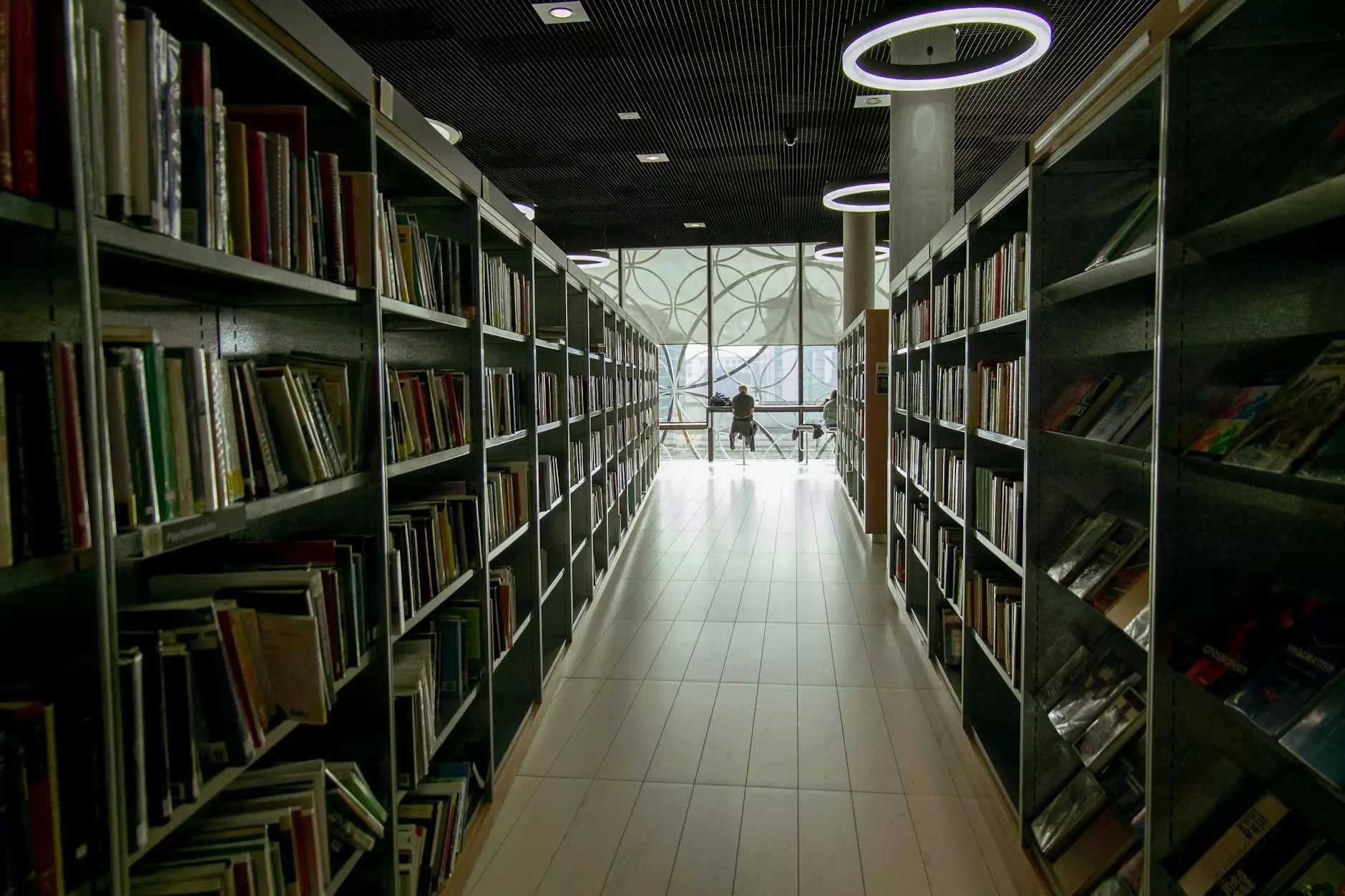Different Ways Politics Can Have Influence on Education

Introduction
Welcome to The Knowledge Nest, your go-to resource for exploring the various influences that shape education. In this article, we will dive into the different ways politics can have a significant impact on education. From funding decisions to curriculum development, government policies play a crucial role in shaping the educational landscape.
The Power of Funding
One of the most significant ways politics influences education is through funding decisions. Governments allocate budgets for education, determining the resources available for schools, teachers, and students. Adequate funding ensures that schools can provide high-quality learning experiences, while insufficient funding can lead to challenges in maintaining educational standards.
Economic Considerations
Politicians must consider economic factors when making funding decisions. They must balance the needs of the education system with other priorities such as healthcare, infrastructure, and defense. Additionally, economic downturns can impact education budgets, creating challenges for schools to meet the evolving needs of students.
Equitable Distribution
Politics also play a role in ensuring the equitable distribution of educational resources. Governments must address socio-economic disparities and strive to provide equal opportunities for all students. Policies such as targeted funding for disadvantaged schools and scholarships for underprivileged students help bridge the education gap.
Curriculum Development and Standards
Education policies set by lawmakers influence curriculum development and standards, shaping what students learn in schools. Politics can impact the inclusion of certain subjects, the teaching methodologies adopted, and the assessment procedures used to evaluate student performance.
Inclusion of Relevant Topics
Political considerations influence the inclusion of relevant topics in the curriculum. Subjects such as civics education, environmental studies, and digital literacy are often emphasized based on political priorities. The aim is to prepare students for active civic participation and equip them with the knowledge and skills needed to navigate the modern world.
Educational Standards and Assessments
Furthermore, politics shape the establishment of educational standards and assessments. Policymakers collaborate with educators and experts to define learning outcomes and performance indicators. These standards guide the development of standardized tests that measure student achievement, ensuring accountability within the education system.
Teacher Training and Professional Development
An effective education system relies on well-trained and supported teachers. Politics influence teacher training and professional development initiatives, ensuring educators have the necessary skills and knowledge to deliver quality education.
Requirements and Licensing
Political decisions reflect in the requirements and licensing procedures for teachers. Governments set standards for teacher qualifications, certification, and ongoing professional development. These policies aim to maintain the quality of education by ensuring that educators possess the expertise needed to meet the evolving demands of the educational landscape.
Professional Development Programs
By endorsing and funding professional development programs, politics enables teachers to enhance their teaching practices. These initiatives support the continuous growth of educators, equipping them with innovative teaching strategies, incorporating technology, and promoting inclusive teaching approaches.
Educational Policies for Special Needs Students
Politics also shapes the educational experiences of students with special needs. Governments develop policies and allocate resources to ensure inclusive education and equal opportunities for every student, regardless of their abilities or disabilities.
Special Education Funding
Political decisions impact the funding available for special education programs. Adequate financial support enables schools to provide necessary accommodations and specialized services to students with diverse needs. Proper funding is vital for creating an inclusive environment where all students can thrive and reach their full potential.
Legislation for Inclusive Practices
Politics drive the development of legislation that safeguards the rights of students with special needs. Laws such as the Individuals with Disabilities Education Act (IDEA) ensure that students receive appropriate educational services and accommodations tailored to their unique requirements. These policies promote inclusivity within the education system.
Conclusion
As we have explored throughout this article, politics has a profound influence on education. From funding decisions that shape available resources to curriculum development and standards, politics plays a crucial role in determining the educational experiences of students. By understanding and actively engaging with these political factors, we can work towards building an inclusive, equitable, and high-quality education system that empowers future generations.
References
- Smith, J. (2019). The Impact of Political Factors on Education. Journal of Educational Politics, 42(3), 87-105.
- Johnson, A. (2020). Politics and Education: Examining the Role of Government Policies in Shaping Educational Practices. Educational Policy Analysis Review, 36(2), 145-167.
- Greenfield, S. (2018). Understanding the Influence of Politics on Education. Education Today, 20(4), 32-47.










